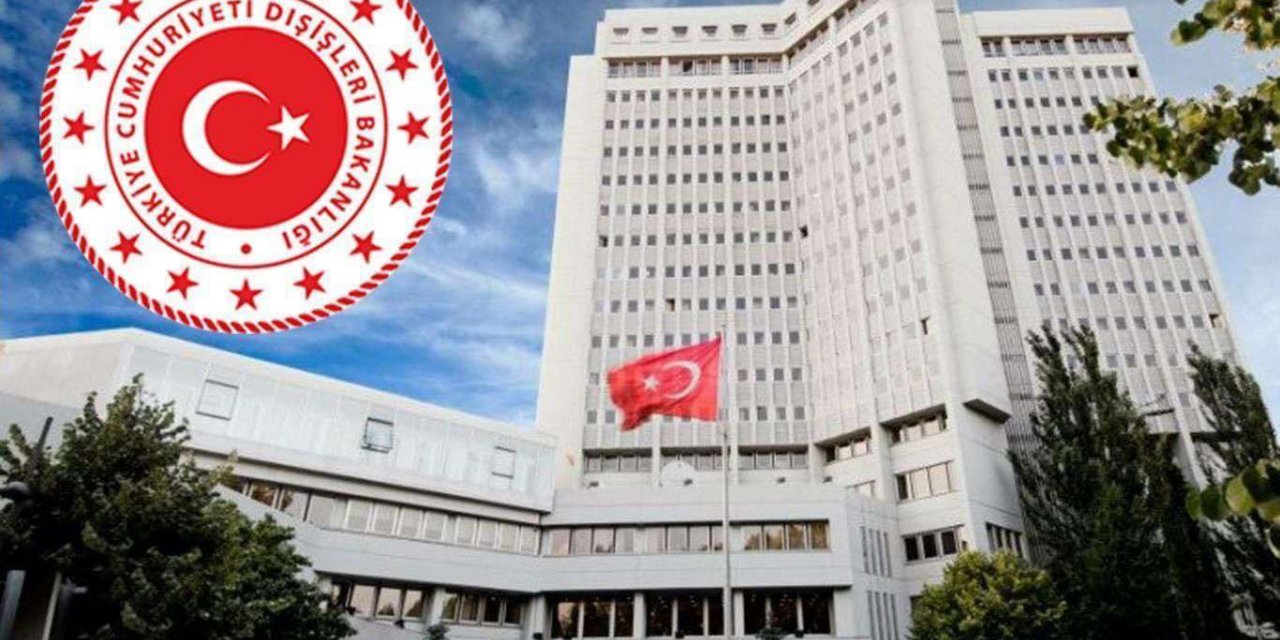
Turkey condemns US court's decision to release diplomat's killer
Turkish Foreign Ministry has issued a press release regarding the release of Hampig Sassounian who had murdered a Turkish diplomat in Los Angeles in 1982.
“Following the decision of Los Angeles County Superior Court that paved the way for the release of Armenian terrorist Hampig Sassounian who had murdered Kemal Arıkan, Consul General of the Republic of Turkey in Los Angeles, California Governor Gavin Newsom stated that he would not appeal this decision. We strongly condemn this approach, that deeply hurts the conscience of the Turkish nation,” the Ministry said.
The Ministry underlined that the decision was is in conflict with the universal principles of law and the understanding of justice, and added: “58 Turkish citizens, including 31 diplomats, have lost their lives as a result of the attacks perpetrated by Armenian terrorist organizations. In a period when hate crimes are on the rise and international solidarity is most needed, the release of a brutal murderer with political motivations harms the spirit of cooperation in the fight against terrorism.”
“This murder, which was heinously committed by the terrorist Sassounian who has never shown a sign of remorse during his 38 years of conviction, will never be forgotten as a crime that represents a sick and distorted ideology.”
“On this occasion, we commemorate with respect our martyred diplomat Kemal Arıkan and all our martyrs who lost their lives in the attacks of Armenian terrorist organizations,” the Ministry concluded.
Kemal Arıkan was a Turkish diplomat assassinated by two US citizens of Armenian origin, Hampig Sassounian and Krikor Saliba, in Los Angeles, United States.
On 28 January 1982, at about 9:30 am, Arıkan drove from home to the office. When he stopped at red stoplight, two armed men began shooting at him. He was hit 14 times. The two men were Hampig Sassounian and Krikor Saliba.
Although Saliba disappeared without a trace, Sassounian was arrested and in 1984, he was sentenced to life imprisonment without parole.
In 2002, prosecutors agreed to drop the so-called "national origin" special circumstance of the case, making Sassounian eligible for parole, in exchange for his admitting his guilt and formally apologizing.
Kaynak:![]()


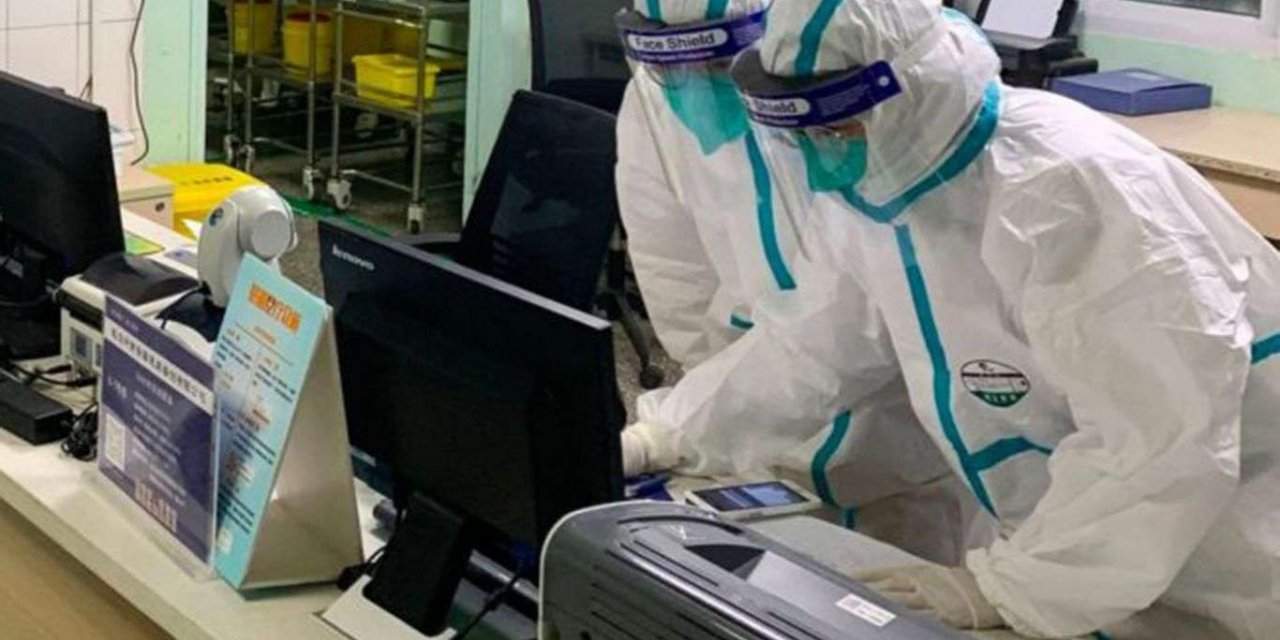
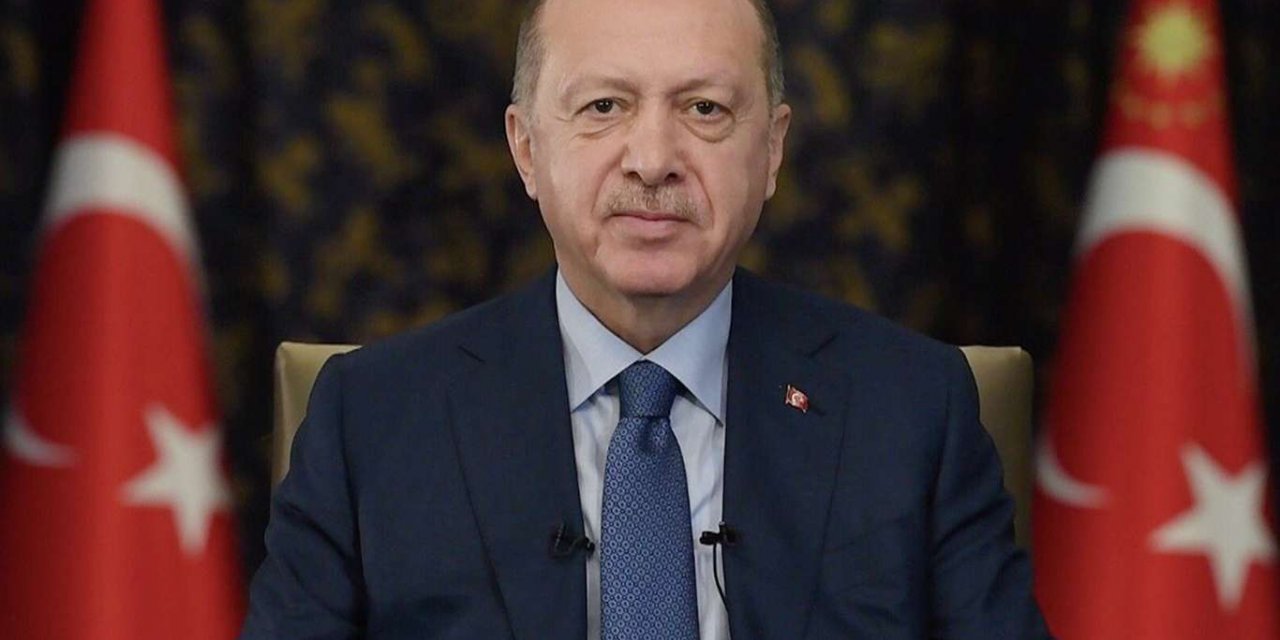

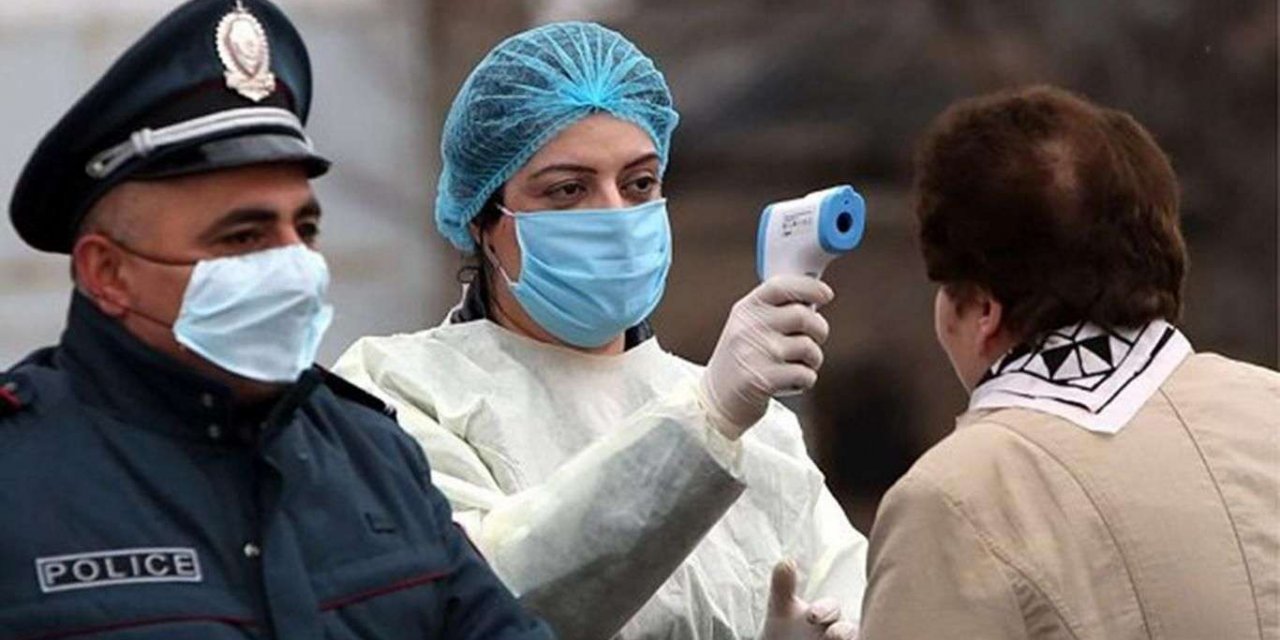
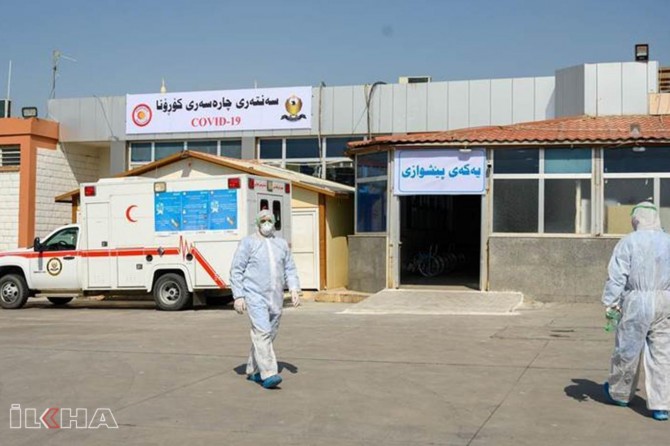
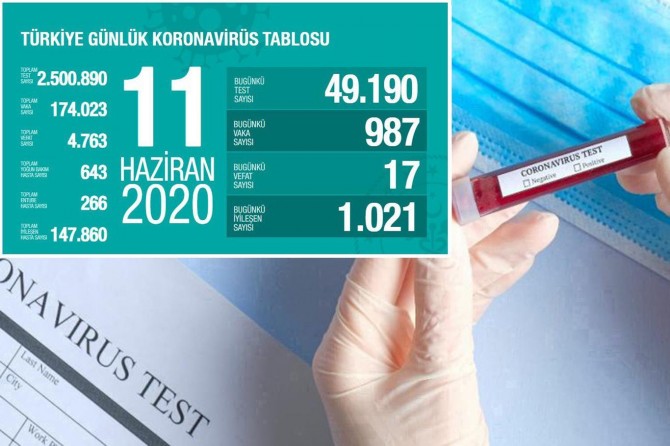
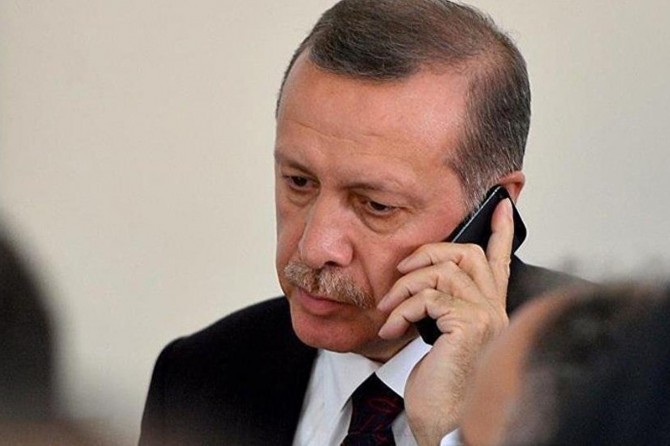
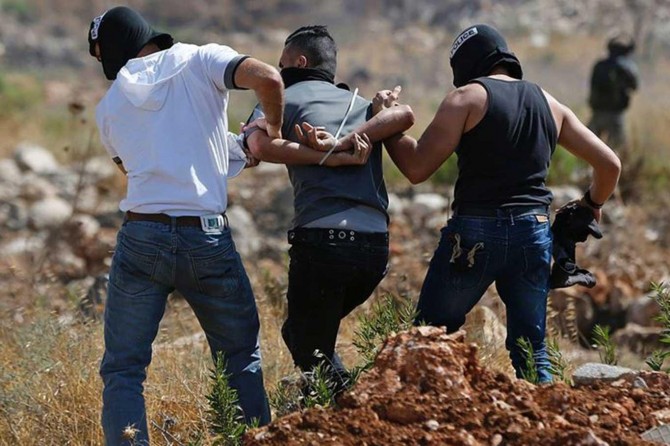
Türkçe karakter kullanılmayan ve büyük harflerle yazılmış yorumlar onaylanmamaktadır.